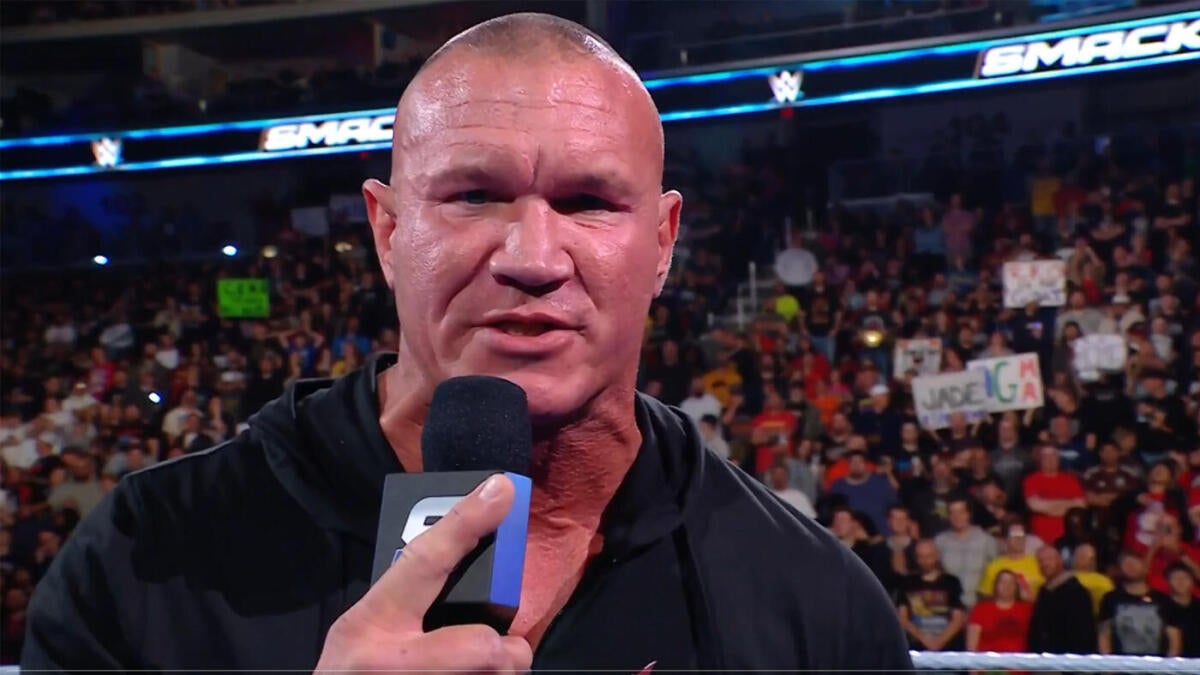The Resurgence of “The Legend Killer”: Randy Orton’s Strategic Masterstroke
Professional wrestling thrives on reinvention, and few have mastered this art better than Randy Orton. His recent revival of “The Legend Killer” persona ahead of his clash with John Cena at Backlash isn’t just nostalgia—it’s a calculated move that could redefine their rivalry and the WWE landscape.
The Art of Reinvention: Orton’s Career Arc
From his early days as the cocky third-generation star to his chilling “Viper” persona, Orton’s career has been a masterclass in evolution. The “Legend Killer” gimmick, introduced in the mid-2000s, was a turning point—a young, arrogant Orton systematically dismantling WWE’s icons. Now, bringing it back isn’t just a callback; it’s a statement.
This persona thrives on psychological warfare. By invoking it, Orton isn’t merely reminding fans of past glories—he’s weaponizing his legacy. For Cena, a 17-time champion and living legend, the threat is clear: Orton isn’t just another opponent. He’s the man who made a career out of ending them.
Why Now? The Timing of the Legend Killer’s Return
The WWE universe thrives on storytelling, and Orton’s timing is impeccable. Cena’s sporadic appearances make him a rare target, and Orton’s resurgence capitalizes on that mystique. This isn’t just about Backlash—it’s about reasserting dominance in an era where new stars rise fast.
Moreover, the current WWE landscape is ripe for a veteran-led narrative. With younger talent like Cody Rhodes and Gunther dominating headlines, Orton’s return to form bridges the gap between eras. It’s a reminder that while new stars shine, legends never fade—they adapt.
The Mind Games: Psychological Warfare at Its Finest
Cena’s greatest strength has always been his mental resilience, but Orton’s mind games are unmatched. The “Legend Killer” isn’t just a nickname—it’s a psychological trigger. Every taunt, every smirk, every RKO outta nowhere reinforces the idea: Cena isn’t facing Randy Orton; he’s facing his own legacy.
Cena’s recent sneak attack on Orton suggests he’s taking the threat seriously. But Orton thrives under pressure. His methodical, predatory style contrasts Cena’s explosive offense, making this a clash of philosophies as much as athleticism.
The Bigger Picture: What This Means for WWE
Orton’s revival isn’t just about one match—it’s a blueprint for longevity. In an industry where gimmicks grow stale fast, his ability to cycle through personas while staying relevant is a lesson for rising talent. The “Legend Killer” isn’t just a gimmick; it’s a narrative device that keeps fans invested.
This feud could also set the tone for future WWE storytelling. If successful, we might see more veterans revisiting past personas to reignite rivalries. Imagine Edge resurrecting the “Rated-R Superstar” or Triple H dusting off “The Cerebral Assassin.” The possibilities are endless.
The Backlash Showdown: Who Gains the Upper Hand?
At Backlash, the stakes couldn’t be higher. Cena, the ultimate underdog-turned-legend, versus Orton, the predator who preys on legends. The “Legend Killer” persona gives Orton an edge, but Cena’s resilience is legendary.
Will Orton’s mind games crack Cena’s focus? Or will Cena’s experience trump Orton’s strategy? The outcome could hinge on one moment—an RKO from nowhere, an Attitude Adjustment out of desperation—but the real victory lies in the story told.
Conclusion: A Legacy Reforged
The Legend Killer’s Lasting Impact
Orton’s return to form isn’t just about Backlash—it’s about cementing his place in WWE history. By reviving “The Legend Killer,” he’s not chasing past glory; he’s proving that his greatest weapon has always been adaptability.
For fans, this is more than a match. It’s a reminder of why wrestling captivates us: the drama, the psychology, the larger-than-life personas. Whether Orton wins or loses, one thing is certain—the “Legend Killer” is back, and WWE will never be the same.











